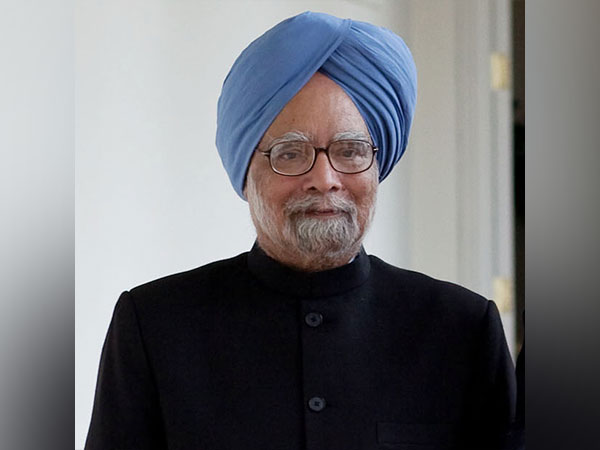Manmohan Singh: Architect of Modern India's Economic Liberation
Manmohan Singh, India's former Prime Minister renowned for economic reforms, passed away at 92. As Finance Minister, he steered India's liberalization in the 1990s and served as Prime Minister from 2004 to 2014. Singh's leadership, though criticized for corruption charges, was marked by unprecedented growth and prosperity.

- Country:
- India
Manmohan Singh, the former Indian Prime Minister credited with laying the foundation of the country's economic reform, has passed away at the age of 92 in Delhi. A prominent economist, Singh's career shaped India's economic landscape, bringing it back from financial brink during his tenure as Finance Minister in the early 1990s.
Singh, a noted academic, became an unexpected choice for Prime Minister in 2004, leading India for a decade. He pioneered economic liberalization but faced criticism over corruption charges involving his government. His advocacy for Indo-US relations nearly cost him his coalition, yet he retained office by securing a critical vote of confidence in 2008.
Singh's tenure as Prime Minister witnessed economic growth amidst political turbulence, notably marked by complex equations in his coalition governance. Despite controversies, his dignified approach and commitment to ethical governance remain integral to his legacy. His contributions continue to resonate, reflecting his stoic silence against criticism and dedication to India's democratic fabric.
(With inputs from agencies.)
ALSO READ
Siemens Announces Key Leadership Changes in Finance Sector
IFC and HSBC Launch $1 Billion Risk-Sharing Facility to Boost Trade Finance in Emerging Markets
Surging Forward: Ethereum and Rexas Finance Lead Bull Market Momentum
NCP's Ultimatum: Ajit Pawar's Bid for Maharashtra's Finance Ministry
Rexas Finance: Pioneering the Next Wave in Cryptocurrency










